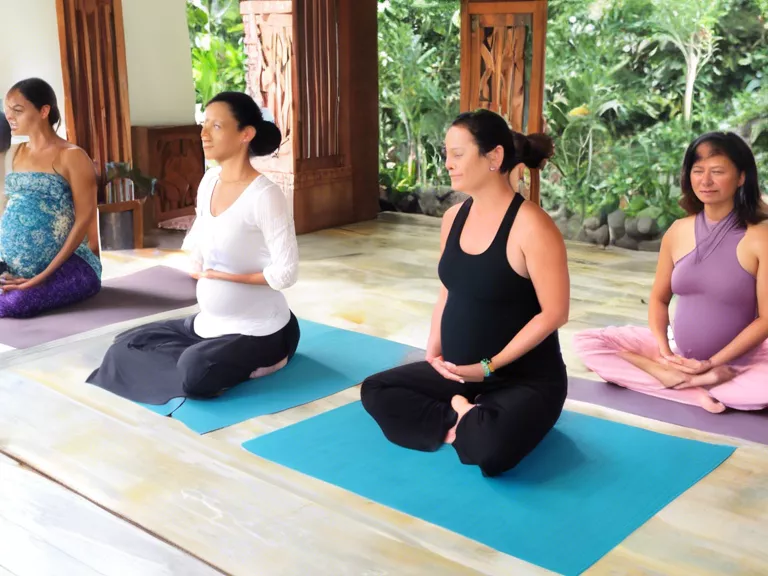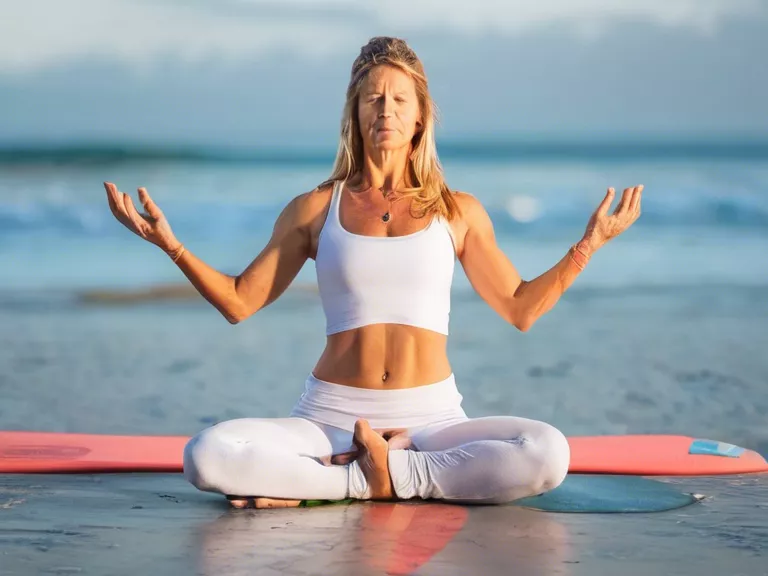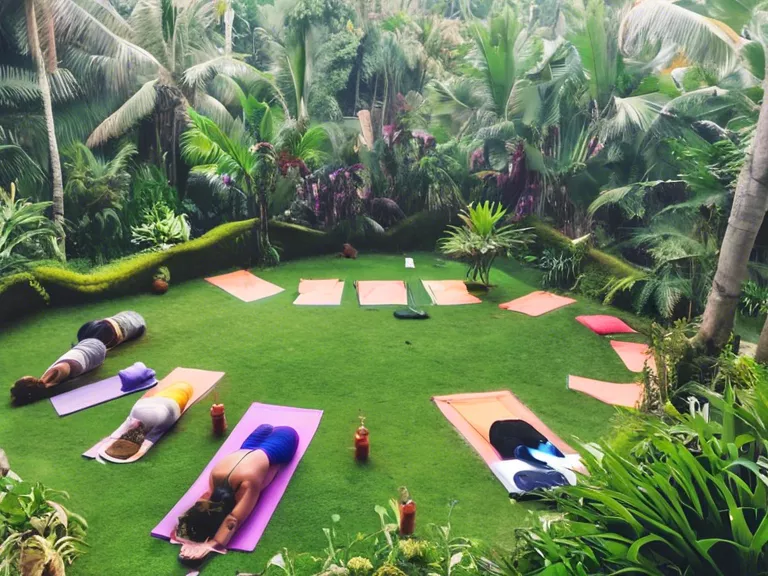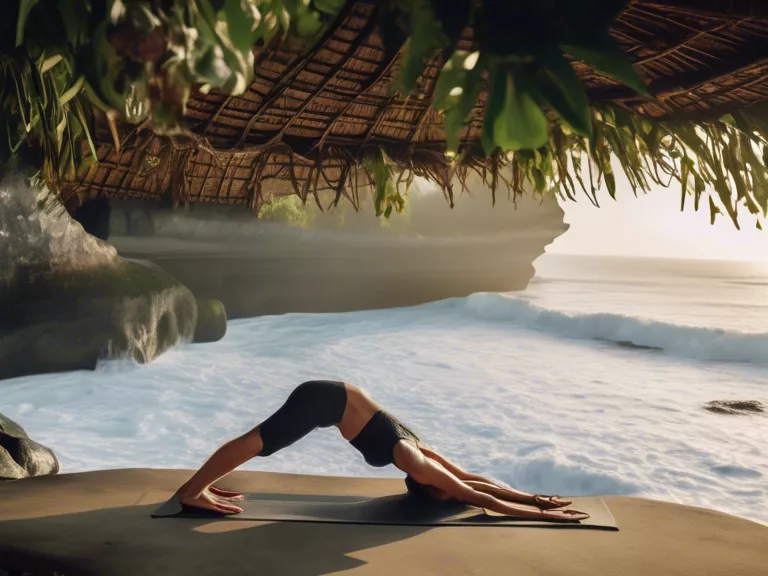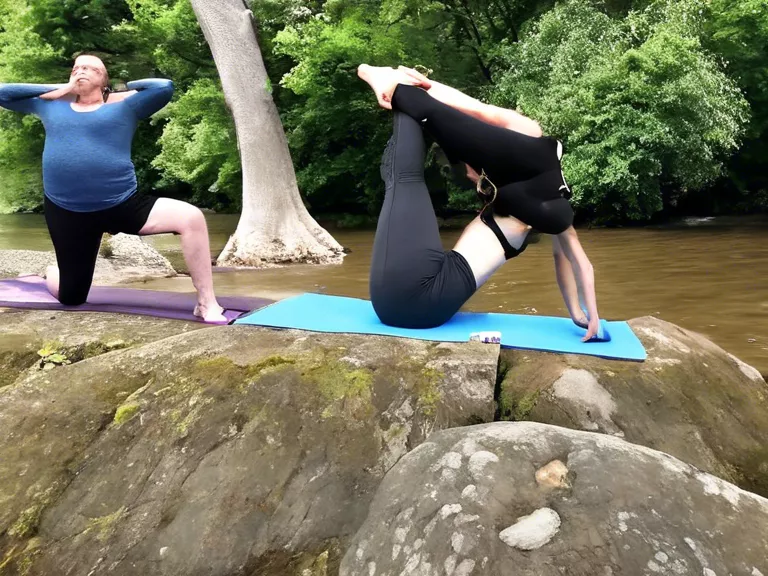
Yoga is a practice that can be beneficial for people of all ages and fitness levels, but sometimes traditional yoga classes can be intimidating for beginners or those with physical limitations. However, a modified approach called Adaptive Yoga can make the practice more accessible to everyone. By making small adjustments and modifications to traditional poses, individuals of all abilities can experience the benefits of yoga in a safe and comfortable way.
One popular location for Adaptive Yoga classes is by the river. The soothing sounds of flowing water and the gentle rustling of leaves create a peaceful and tranquil atmosphere conducive to relaxation and mindfulness. Practicing yoga outdoors also allows participants to connect with nature and breathe in fresh air, enhancing the overall experience.
The key to Adaptive Yoga is making modifications to poses to accommodate each individual's needs. For example, a person with limited mobility may use a chair for support during standing poses, while someone with a knee injury may use a bolster for added comfort during seated poses. By listening to their bodies and making adjustments as needed, participants can still reap the benefits of the practice without straining or pushing themselves too hard.
Some common modifications used in Adaptive Yoga include using props such as blocks, straps, and bolsters to provide support and stability during poses. This can help individuals with limited flexibility or strength to safely and effectively practice yoga. In addition, instructors may offer variations or alternatives to challenging poses to ensure that everyone can participate at their own level.
Whether you are a beginner looking to dip your toes into the world of yoga or a seasoned practitioner wanting to try a new approach, Adaptive Yoga by the river offers a welcoming and inclusive environment for all. By modifying poses and making adjustments as needed, individuals of all levels can enjoy the physical, mental, and emotional benefits of yoga in a picturesque outdoor setting.
